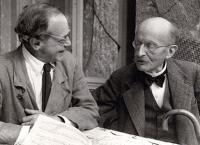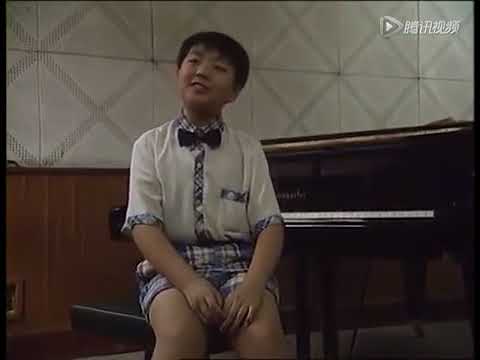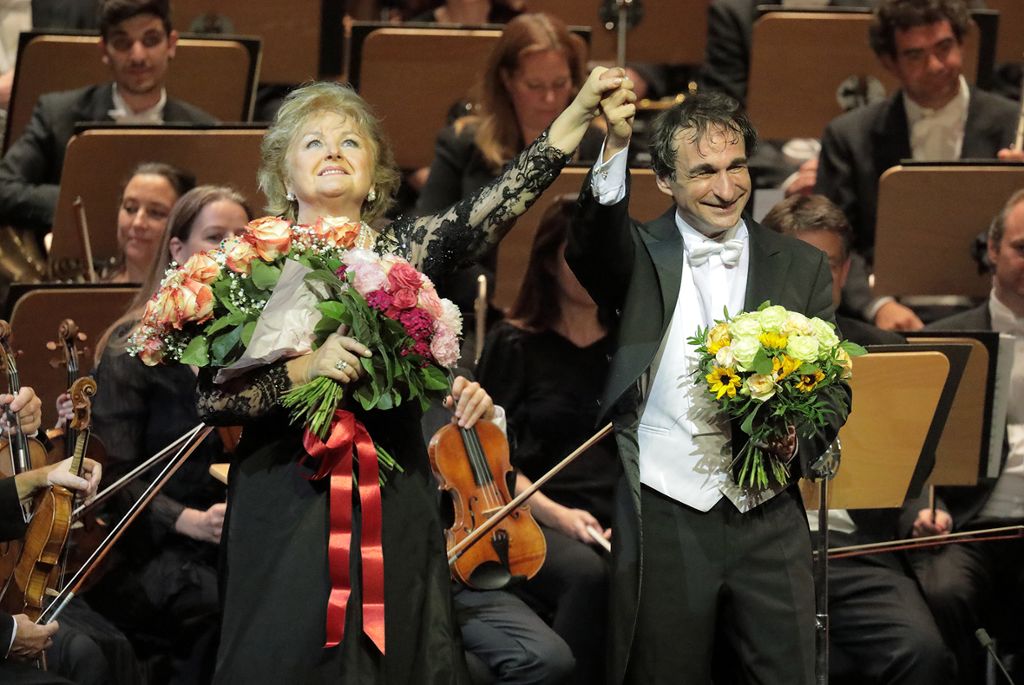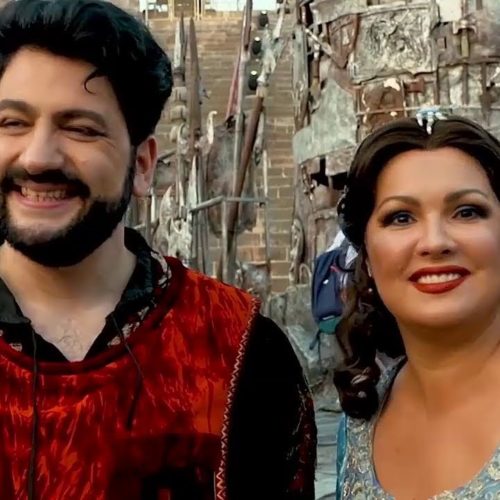Welcome to the 116th work in the Slipped Disc/Idagio Beethoven Edition
String Quartet No. 13 in B flat major op. 130
The end of this project is in sight. With just ten posts to go, I’m wondering if there is anything I have forgotten, any works of Beethoven that, lacking an opus numbers, have escaped my attention. If there are, now it the time to speak up
Ever since Covid-19 lockdown in March, I have been immersed in Beethoven for half of every working week. Perpetually challenging and revealing, even in works I thought I knew well, Beethoven has been the best companion I could have wished for in six months of stress and suffering, fear and fulfilment.
Life and work cannot be separated. His was not an exemplary life. He was completely self-centred, unable to form a meaningful relationship and hopeless with everyday practicalities. But all of his shortcomings fade to black as we receive the works of his mind, listening as he goes where no musician has gone before.
Some portray his life as tragic. I’m not sure I agree. Of course, the affliction of deafness is incomparably sad for a musician who was reaching for refinements of orchestral sound that he could no longer hear. His last years were dogged by pain in almost all his limbs and organs. He never knew an undisturbed night’s sleep.
But he did live a full life, two decades longer than Mozart, Schubert and Weber, longer than any of his contemporaries except Papa Haydn who, alone, achieved the full Biblical three score years and ten. And, in his 56 years Beethoven never had to abase himself for sustenance in the manner of Mozart and Haydn, actually condescending to some of the patrons whom he kindly allowed to support his pursuit of a more advanced and sophisticated mode of musical creation.
If not tragic, was he heroic? Certainly in his quixotic quest for the unheard and in his growing disdain for the way his music was received. By the time he reached the last quartets, he no longer heard anything and could go beyond all previous barriers of acceptable sound. But he never lost sight of, in the thick of his dark thoughts, the need to amuse and entertain.
Before you imagine the late string quartets to be deadly serious and inherently miserable listen to this account of the fourth movement of the 13th quartet. Written between August and November 1825, it drew howls of protest from his publisher, both because it was written in six movements instead of the statutory four and because the finale was reidiculously top-heavy, 16 minutes long, half as long as the preceding five movements put together. Couldn’t he supply a shorter finale?
Beethoven, for once, conceded one of the publisher’s points and wrote a different finale, a danging Allegro in place of would become, in a separate publication, the Grosse Fuge, opus 133. This recording by the La Salle Quartet, allows you to choose which finale you prefer.
But let me return to the previous track of the fourth movement which is among the earliest recordings ever made of a string quartet, taken in 1913. To my surprise, it presents late Beethoven not as a weighty thinker but as drawing-room entertainment, suitable for guests at tea-time. At the start of the 20th century musicians did not stand in awe of Beethoven as much as we do today, esepcially if they could claim a direct link to the composer.
The players here are the Klingler Quartet, led by Karl Klingler who was associate concertmaster of the Berlin Philharmonic from 1901 and second violin in Joseph Joachim’s quartet, the cornerstone of string quartet history and among the first performers of late Beethoven. The other members of Klingler’s quartet were a Russian, Josef Rywkind, a Welshman Arthur Williams and Klingler’s brother Fridolin. The group broke up in August 1914 as two of its members were designated enemy aliens and interned in the misleadingly named Ruhleben camp.
After the war, Klingler formed a close friendship with the Nobel Prize winning physicist Max Planck, with whom he played quartets and discussed geometry.

There is a remarkable photo of them together, taken at Klingler’s country home in 1944 with both men looking happy, removed from the horrors that surrounded them. The picture is deceptive. Klingler, whose wife was half-Jewish, had been targeted by the Nazis after he refused to give the Hitler salute in his classes and objected to the removal of the bust of Joachim, his mentor. Sacked from the university, he spent some time in Switzerland before returning to live at his wife’s family estate near Osterburg. Soon after this photo was taken the Gestapo came calling to interrogate the violinist about his connections with Planck, who was suspect for his friendship with Albert Einstein. The secret police were even more interested in Planck’s son, Erwin, a cellist who used to play trios with his father on piano and Einstein on the violin. Erwin Planck was arrested in July 1944 for his alleged involvement in an assassination plot against Hitler. Despite desperate appeals by Max to the entire Nazi hierarchy, Erwin was hanged in a Berlin jail in January 1945. Klingler and Max Planck lived out the war in constant fear.
Klingler survived into his 90s, playing chamber music with his family almost to his dying day on March 18, 1971. Quite unexpectedly he acquired a different kind of fame. In the 1920s, he had attracted pupils from all over the world, among them a young Japanese with unorthodox ideas on music education. Shinichi Suzuki spent eight years in Berlin as Klingler’s private pupil while evolving the hotly disputed Suzuki method for teaching children to play musical instruments by rote. Klingler’s daughter became his greates fan, founding a charity to provide financial support to emergent string quartets who practised the Suzuki method.
By this curious connection, the Suzuki method can claim a tangential legitimacy from Beethoven, vestigial as it might be, through Klingler, Joachim, his patron Mendelssohn and Beethoven himself.
But I digress. I am supposed to be discussing the opus 130 string quartet and its 50-odd recordings. That will be the next post in our Idagio series.
UPDATE: Some more physics?
Tegid Wyn Jones writes: Between 1931 and 1934, Albert Einstein visited Oxford. A quartet was formed with Einstein, Marie Soldat, Erna Schutz and Klingler’s cellist Arthur Williams.



